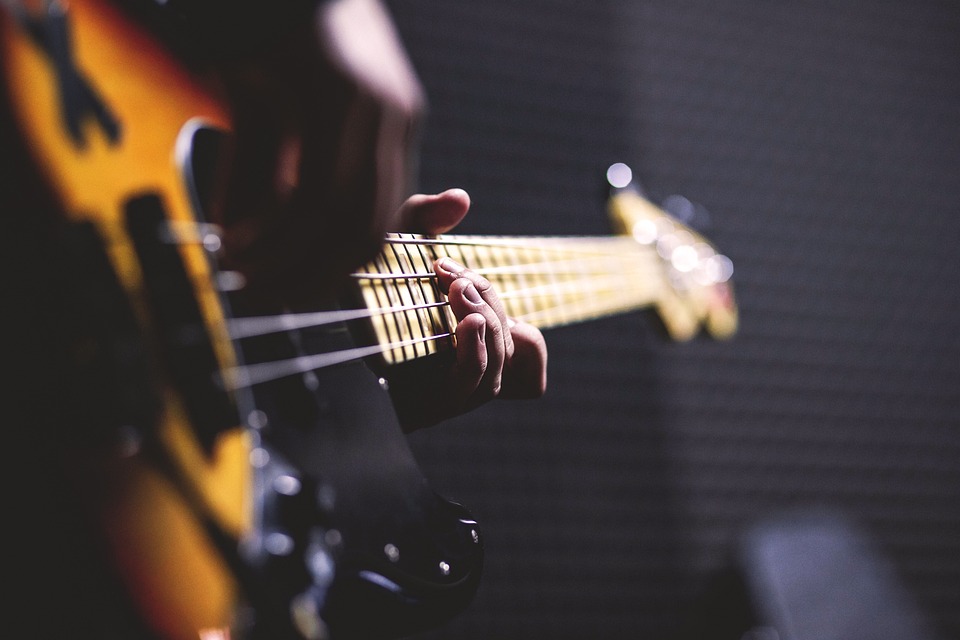
[ad_1]
10 Essential Elements of a Successful Guitar Practice Routine
If you want to improve your guitar playing skills and become a better musician, having a consistent and effective practice routine is essential. While everyone’s practice routine will look different based on their goals and skill level, there are some essential elements that should be included in any successful guitar practice routine. In this article, we will discuss 10 essential elements of a successful guitar practice routine that will help you make the most of your practice time and reach your musical goals.
1. Set specific goals
Setting specific, measurable, and achievable goals is crucial for making progress in your guitar playing. Whether you want to learn a new song, master a particular technique, or improve your speed and accuracy, having clear goals will give your practice sessions direction and purpose. Take some time to think about what you want to achieve with your guitar playing and write down your goals to keep yourself accountable.
2. Warm up exercises
Before diving into your practice routine, it’s important to warm up your fingers and hands to prevent injury and prepare your muscles for playing. Include warm up exercises such as finger stretches, hand exercises, and simple chord progressions to improve your dexterity and flexibility. Spending just a few minutes on warm up exercises can make a big difference in your playing and help you avoid strain and fatigue.
3. Technique practice
Improving your technique is a never-ending process for guitarists, and dedicating time to practice and refine your technique is essential for becoming a better player. Whether it’s working on alternate picking, legato, or fingerstyle technique, incorporating focused technique practice into your routine will help you build the skills and control needed to play more proficiently.
4. Learn new material
Learning new songs, riffs, and solos is an important part of any guitar practice routine. Not only does it keep things fun and exciting, but it also challenges you to expand your repertoire and improve your musical vocabulary. Pick songs that align with your skill level and musical interests, and make it a point to learn new material regularly to keep your playing fresh and diverse.
5. Ear training
Developing your ear is an often overlooked aspect of guitar practice, but it is crucial for becoming a well-rounded musician. Dedicate time to exercises such as identifying intervals, chords, and melodies by ear, and you will notice an improvement in your ability to learn songs and play by ear.
6. Music theory
Understanding music theory is incredibly valuable for guitarists, as it provides a framework for understanding the music you play and helps you communicate with other musicians more effectively. Spend time working on music theory concepts such as scales, chord construction, and harmony to deepen your understanding of music and improve your playing.
7. Sight-reading and notation
Being able to read sheet music and notation is a valuable skill for guitarists, and it opens up a world of musical possibilities. Dedicate time to practicing sight-reading and learning how to read standard notation and tablature, and you will become a more versatile and well-rounded musician.
8. Improvisation
Improvisation is an important skill for guitarists, as it allows you to express yourself creatively and think on your feet. Spend time practicing improvisation over backing tracks, learning scales and modes, and experimenting with different melodic and rhythmic ideas to improve your improvisational skills.
9. Repetition and consistency
Repetition is key to mastering any skill, and it’s important to be consistent with your practice routine in order to see progress. Set aside dedicated time for daily practice, and stick to a regular schedule to build good habits and make steady improvements in your playing.
10. Reflect and assess
After each practice session, take some time to reflect on your progress and assess your strengths and weaknesses. Identifying areas where you need improvement will help you adjust your practice routine and focus on the skills and techniques that need the most attention.
In conclusion, having a successful guitar practice routine involves setting clear goals, warming up, working on technique, learning new material, ear training, music theory, sight-reading, improvisation, repetition, and reflection. By incorporating these essential elements into your practice routine, you can make the most of your practice time, improve your playing, and reach your musical goals. Whatever your skill level or musical aspirations, a consistent and effective practice routine is key to becoming a better guitarist and musician.
[ad_2]
